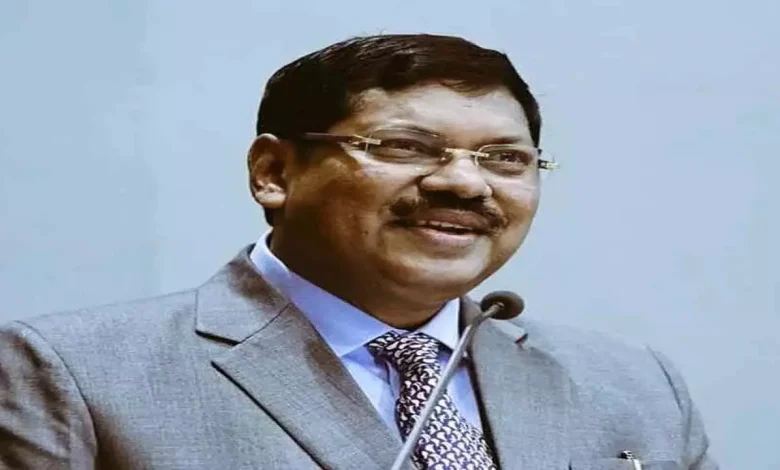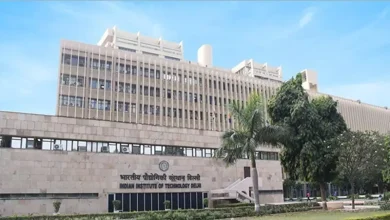CJI Gavai starts with a bang

It will go down in Indian judicial history as an important day for several historic reasons. Soon after being administered the oath of office by President Draupadi Murmu on Wednesday and becoming the 52nd Chief Justice of India (CJI), Justice Bhushan Ramakrishna Gavai etched his name in the record books as the second Dalit CJI after Justice KG Balakrishnan and the first Buddhist to hold the high office. However, apart from these stats, Justice Gavai also has an impressive track record, earning him a reputation as a ‘fiercely independent’ judge for handling cases with integrity. As CJI and head of the Supreme Court Collegium, he will have to consider several crucial issues at a particularly crucial time for the judiciary, whose dispute with the executive is growing by the day and public confidence in the judicial system is waning. Meanwhile, Justice Gavai, known as a rule-abiding and pragmatic judge, started his innings as CJI with a bang.
In a sign of what is to come in the next six months (CJI Gavai is due to retire on November 23), he delivered a judgment, his first as CJI, which has been the hallmark of his entire career as a judge, which began in 2005 when he became a permanent judge and which he faithfully followed before being elevated to the Supreme Court on May 24, 2019. Not only did he declare illegal the 1998 decision of the Maharashtra government to transfer forest land to private entities for non-forest use, but he also termed it a “classic example of collusion between politicians, bureaucrats and builders”. In fact, he saw the involvement of the then revenue minister. This no-holds-barred ‘nexus’ claim is not surprising, as the legal fraternity is well aware of his fondness for patiently hearing arguments before delivering official justice in accordance with the law. This is evidenced by his efficient handling of the defamation case against Rahul Gandhi or ordering the release of NewsClick founder and political activist Prabir Purkhayastha, who spent 225 days in jail after his arrest by the Delhi Police under the UAPA.
Justice Gavai has several high-profile cases to his credit like the Maharashtra forest land transfer case. A striking fact is that as of January, there were 82,445 cases pending in the Supreme Court. In the intervening four months, this figure must have shot up. All one has to watch is how he handles more important and sensitive cases that need to be prioritised, like the Places of Worship Act, criminalisation of marital rape and the Wakf Act, among many others, whose outcome can redefine policy-making exercises. His “Supreme Court cannot stand aside if the country is in danger” stance while observing two minutes of silence to express solidarity with the victims of the Pahalgam massacre or granting bail on grounds of prolonged incarceration without trial are examples of his humane side. The CJI criticised the Supreme Court Bar Association for not holding a farewell function for Justice Bela M Trivedi as he had opted for premature retirement. Saying that “the association should not have taken such a stand,” he showed that respecting traditions is morally binding. GJI Gavai deserves respect as he is an epitome of integrity and fairness in their best forms.




